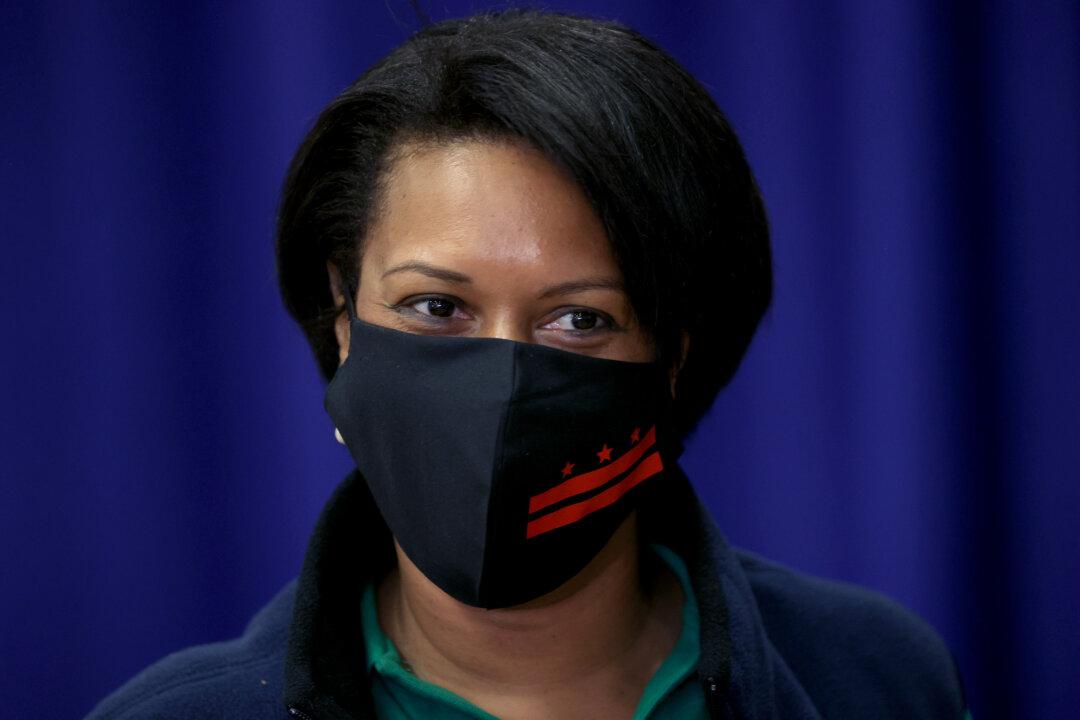Washington Mayor Muriel Bowser was in the wrong when she implemented a cap on the number of people at religious services, a federal judge ruled on Friday.
Leaders of Capitol Hill Baptist Church sued Bowser, a Democrat, last month after she refused to alter further her harsh emergency orders.





